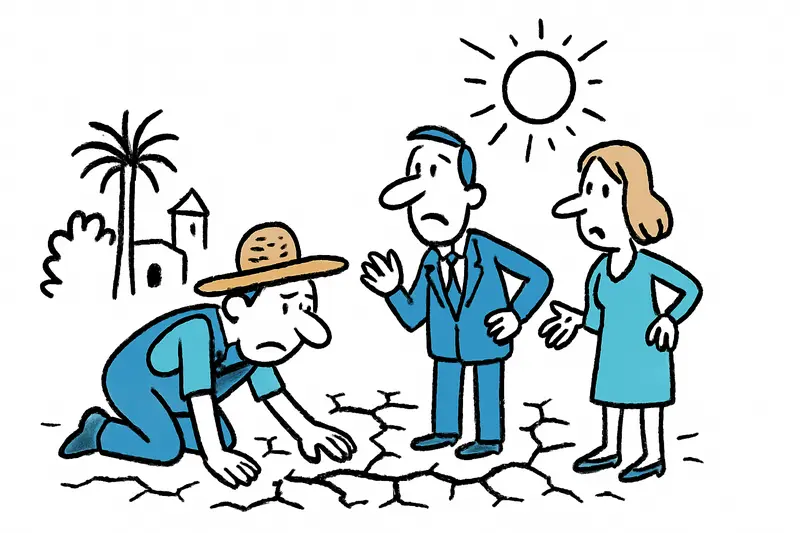
Mallorca Running Dry: Who Pays the Price of Desertification?
A new atlas shows: 85 percent of the Balearic Islands are threatened by progressing desertification. Key question: How will municipalities, farmers and the tourism sector respond before it's too late?
Mallorca Running Dry: Who Pays the Price of Desertification?
Main question: What decisions must be made locally now to prevent warnings from becoming an ecological collapse?
In the early morning on the Passeig Mallorca the smell of coffee meets the winter air. Buses hum, at the market a vendor packs the last oranges into boxes — water is everywhere, visible but not always felt. The figures from the new Atlas de la Desertificación en España make this everyday scene look different: for the Balearic Islands the study identifies around 85 percent of the territory as being in a progressing process of desertification. That is more than a statistic; it is a warning signal for our water, our soils and for the way we live and do business here.
Critical analysis: the map shows not only drier soils, it shows causes and connections. The researchers rely on data from 2020 and use an algorithm to evaluate indicators such as groundwater level, wetlands and soil condition. Result: about 40 percent of Spain's territory is affected; figures that for Mallorca also mean that human activity — agriculture, livestock, tourism — has more influence than pure climate variability. Here on the island intensive irrigation, tourist demand for green areas, extreme settlement pressure and distribution losses in the pipes press on groundwater reservoirs.
What is missing in the public debate: three problem areas are too rarely thought of together. First, the role of small-scale irrigation practices and private wells that locally deplete groundwater. Second, the condition of the infrastructure: leaks in distribution networks waste drinking water but are often treated only as a cost issue. Third, social distribution: while hotels must now take responsibility and golf courses continue to use water at large scale, some villages complain about restrictions (see Alert level for Es Pla: Who saves water — and who pays the price?). Discussions focus too much on technological solutions like large desalination plants, without asking about ethics of use and distribution mechanisms.
Everyday scene from Mallorca: on the way back from the Plaça Major I see gardeners struggling with a handful of plants. The older olive trees on the edge of Sencelles stand on dry, cracked terraces, young people load plantation tools into vans. The sound is simple: plastic barrels clink, dogs bark — and in between there is the quiet worry whether the next generation will still be able to cultivate the same fields here.
Concrete local and practical solutions: 1) Greatly expand water reuse in municipalities: more treated wastewater for irrigation and industry instead of only 12 percent reuse. 2) Seal networks: investments in leak reduction pay off quickly – fewer losses, less need for new sources. 3) Rainwater use: mandatory for new buildings, incentives for existing buildings, revive simple local retention basins. 4) Land-use rules: new large tourist projects should present water balances; hotel green areas should not automatically mean intensive irrigation. 5) Improve soil health: terraces, humus building and erosion control increase water storage in the soil. 6) Local water management bodies: users, municipalities and scientists work together under contracts, transparent accounts build trust. 7) Pilot projects for natural treatment and groundwater recharge, combined with independent, publicly accessible groundwater level monitoring.
Political and social measures must go hand in hand. Technology helps when rules and distribution follow. One example: if municipalities provide treated water at favorable conditions for agricultural use but at the same time set binding limits on groundwater pumping, both needs can be better balanced. This is urgent as When the reservoirs shrink: How Mallorca's water shortage affects Palma and the villages reports concrete consequences for cities, municipalities and agriculture.
What urgently needs to be clarified: who owns the island's water? And who makes the decisions when groundwater levels fall? Without transparent data and local participation, injustices threaten: those without lobbying power will pay first with their wells.
Punchy conclusion: Mallorca has no time left for side discussions. The atlas data are not a law of nature but a call to action. Small local measures — and an honest distribution policy — can move a lot. If we continue to act as if we can draw endlessly from underground, one day even the scent of fresh coffee on the Passeig will no longer be taken for granted.
What matters now: transparent groundwater data, repair of the pipes, more reuse, protection of recharge areas and a water policy that holds residents, farmers and the tourism industry equally accountable.
Read, researched, and newly interpreted for you: Source
Similar News
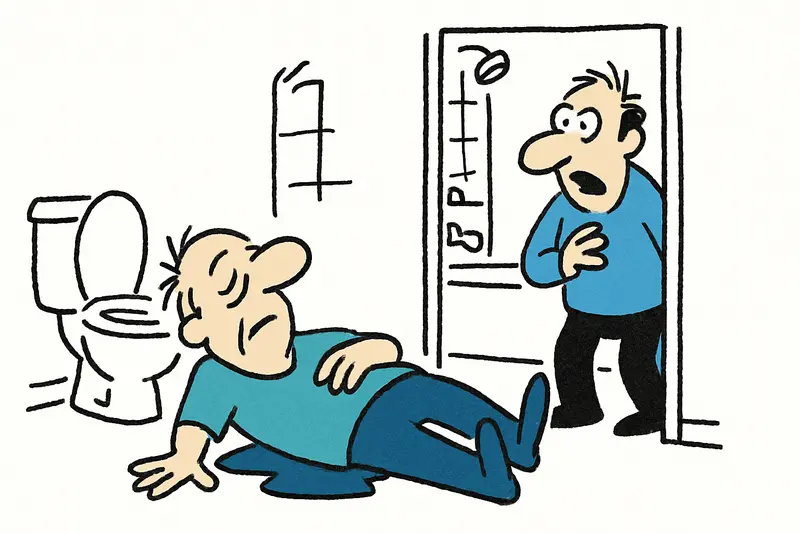
Drama in Palma: 63-year-old dies after fall in bathroom
A 63-year-old man was found seriously injured in an apartment in La Soledat and later declared dead. The National Police...
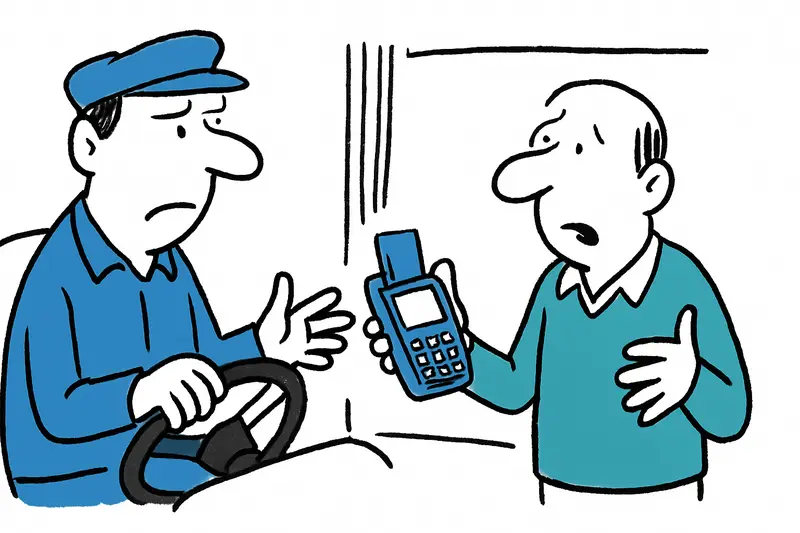
Card Payments on Palma's Buses: Convenience or Recipe for Confusion?
Palma's EMT is rolling out card payments across the fleet; around 134 buses already have the system, with full conversio...
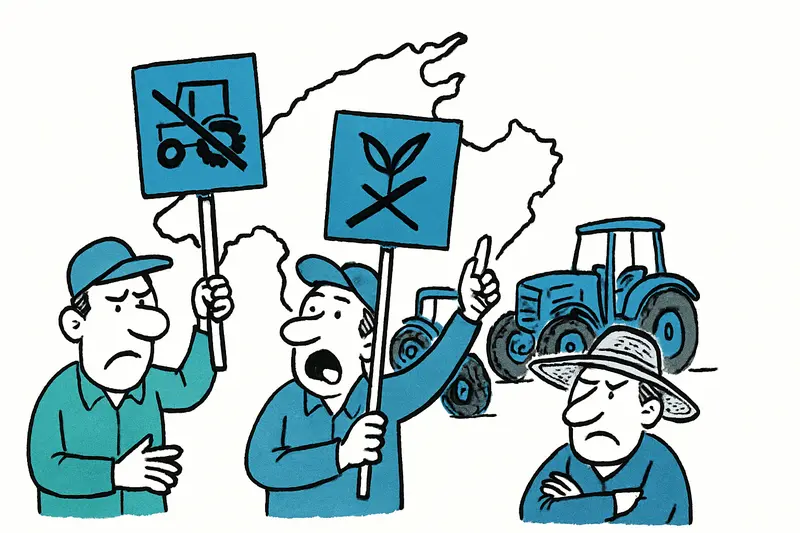
Tractors on the island: Mallorca's farmers protest against EU rules and Mercosur
On January 29 dozens of tractors rolled from Ariany and Son Fusteret. The demand: protection for local agriculture again...
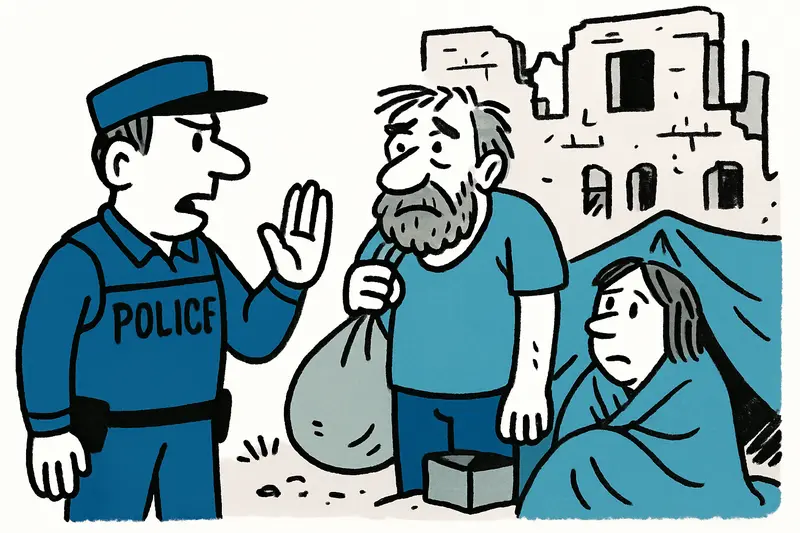
Raid in Palma's Prison Ruins: Control Instead of a Solution – Who Helps the 500 People on Site?
A large-scale check took place early morning in Palma's former prison: 160 people were identified and one person was arr...
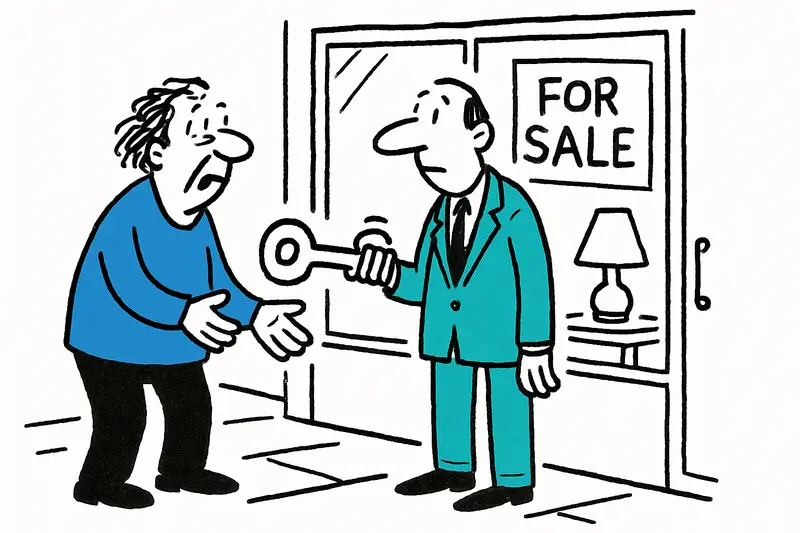
After property purchase in Palma: What the ownership change really means for cult department store Rialto Living
The historic Rialto Living building has a new owner — operations and the lease remain in place. Still, the sale raises q...
More to explore
Discover more interesting content

Experience Mallorca's Best Beaches and Coves with SUP and Snorkeling

Spanish Cooking Workshop in Mallorca
